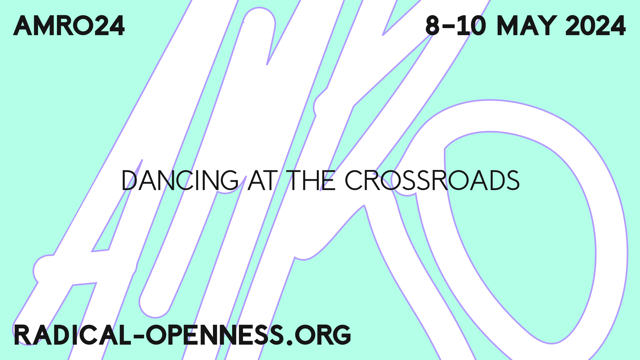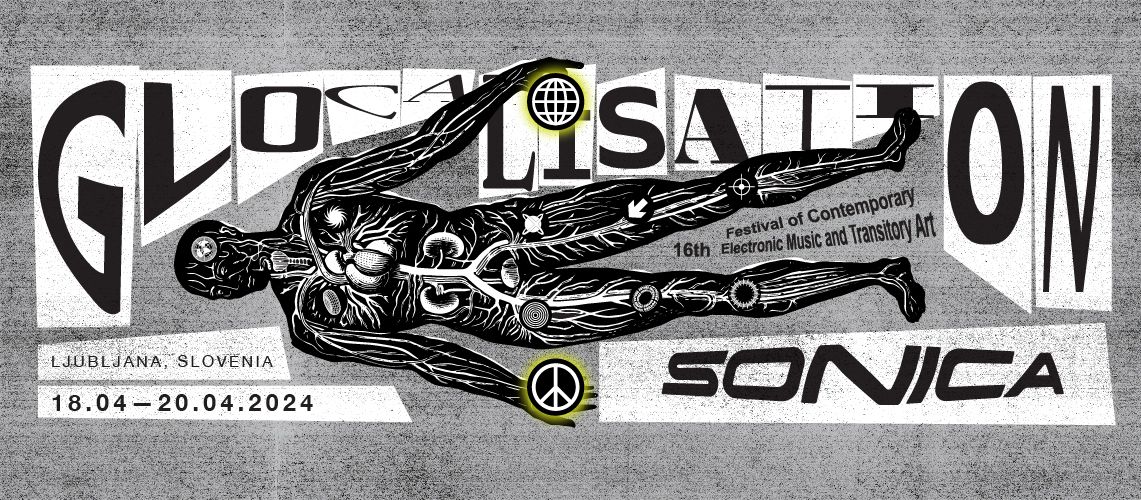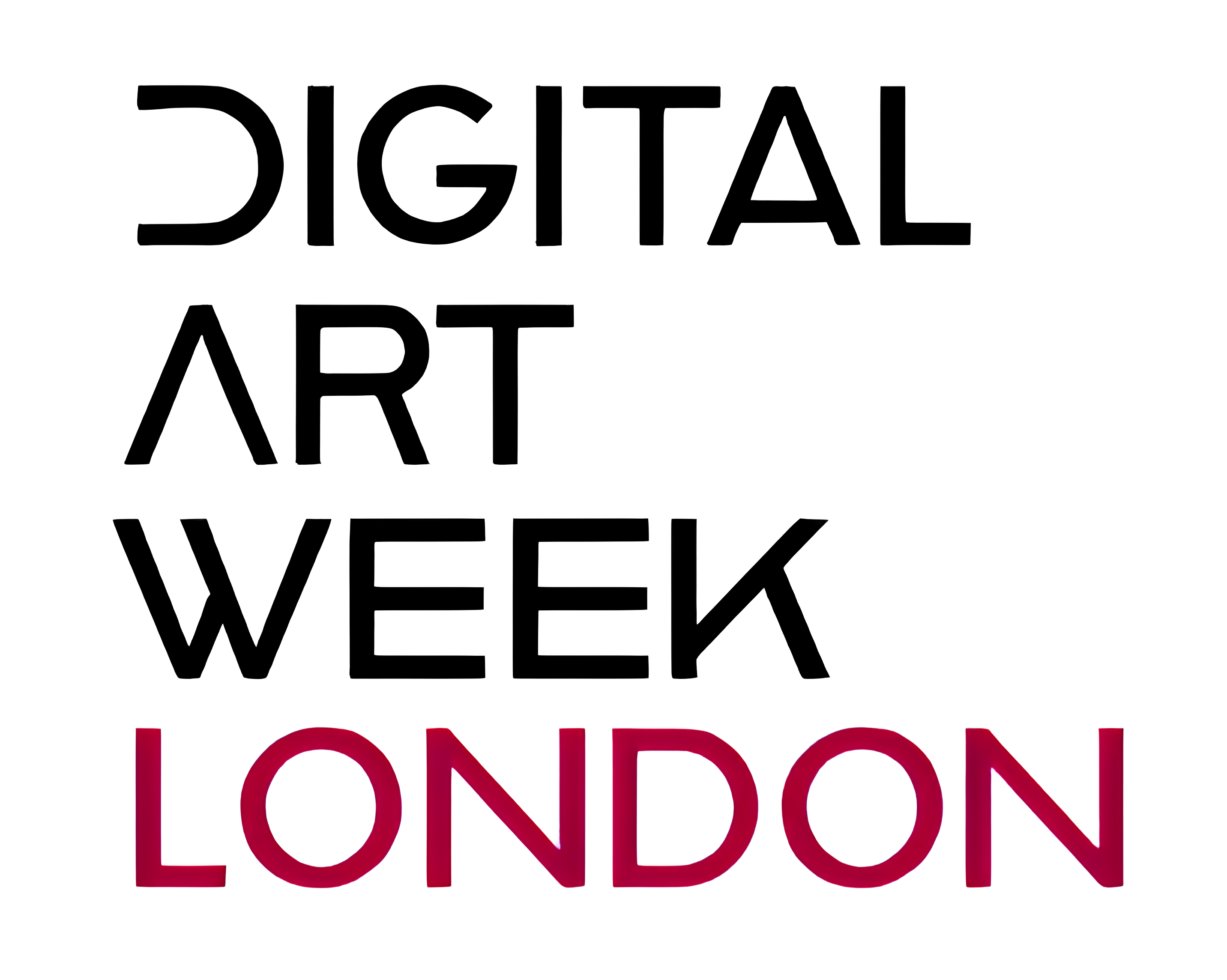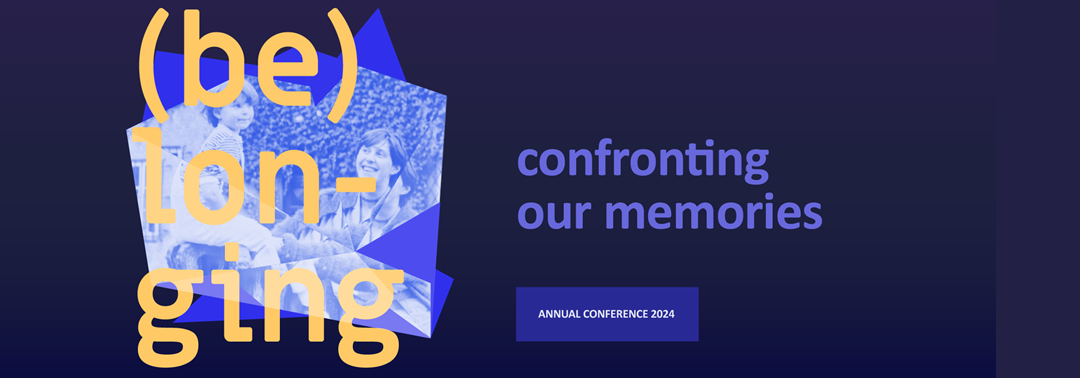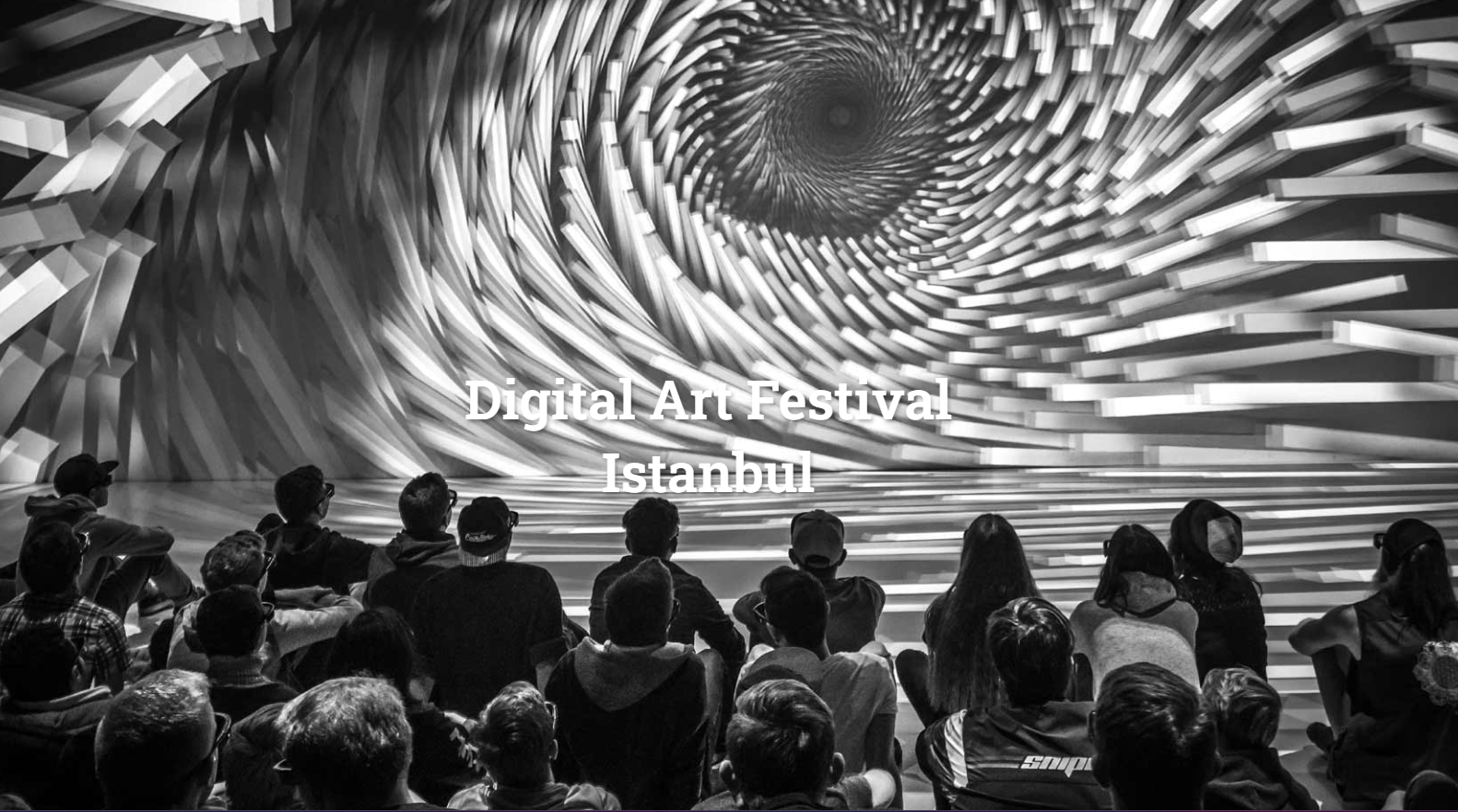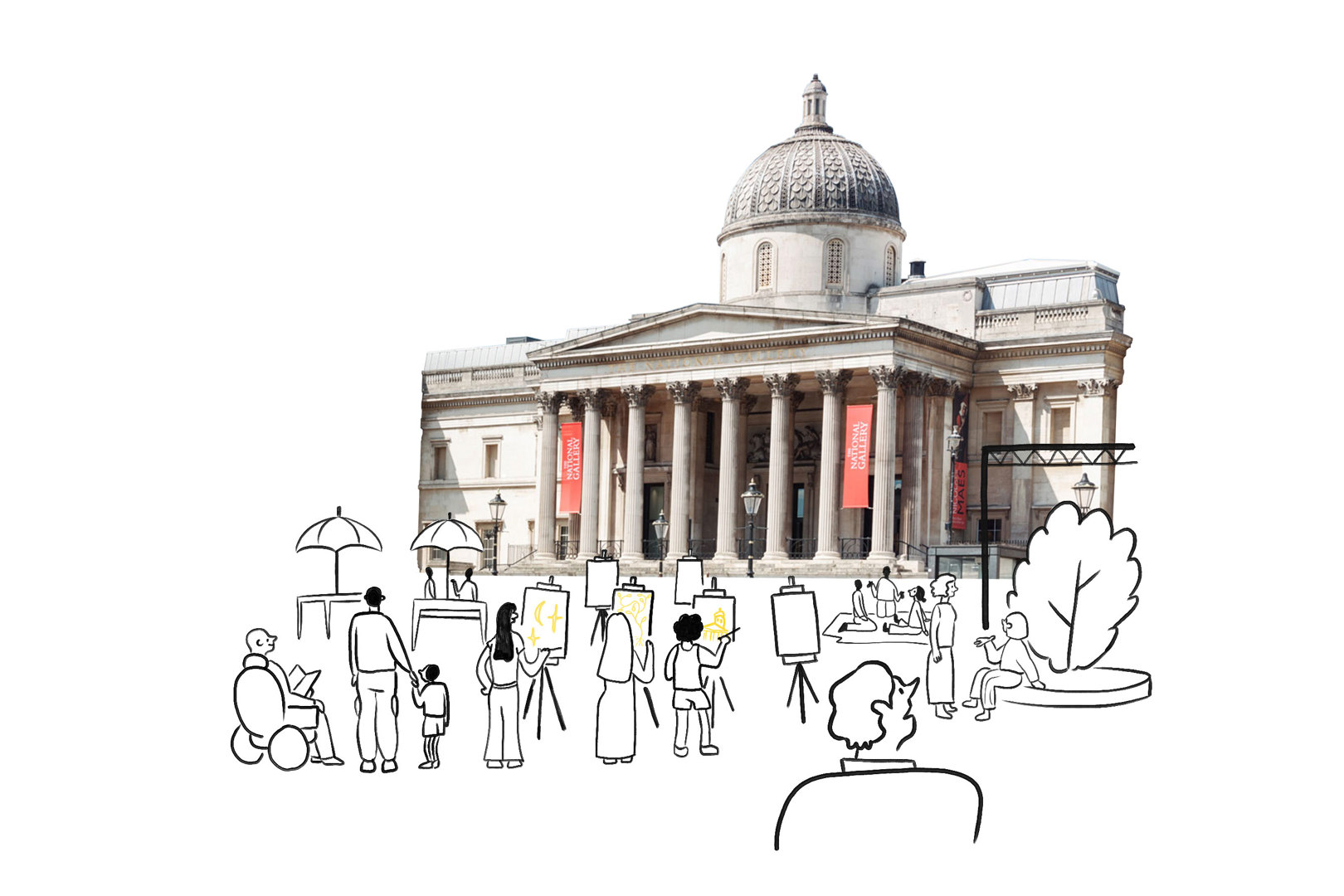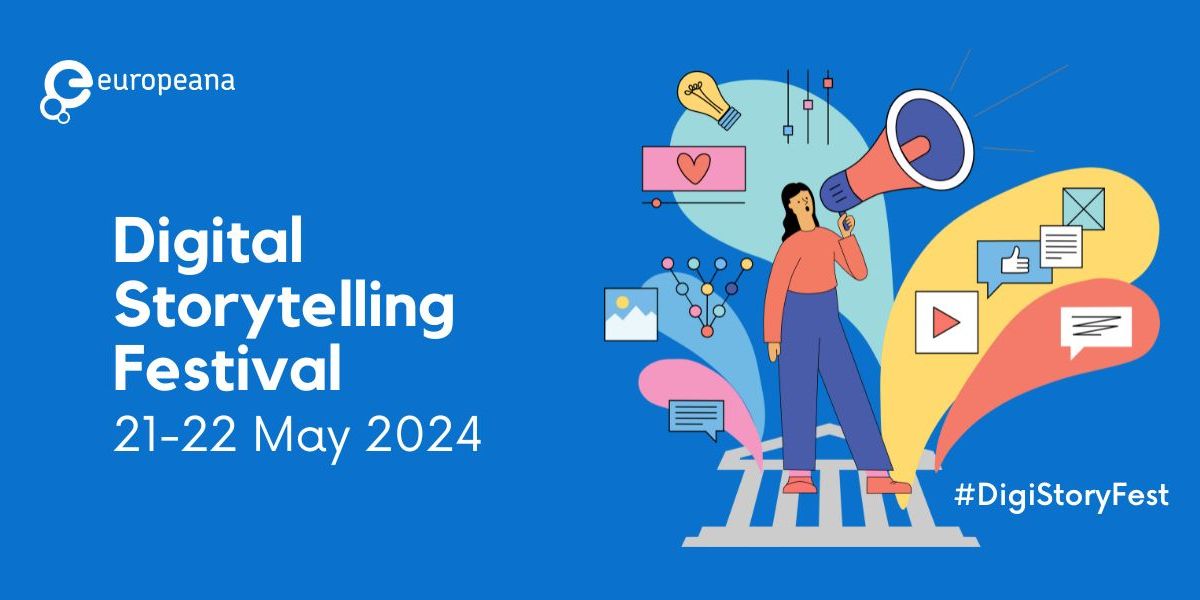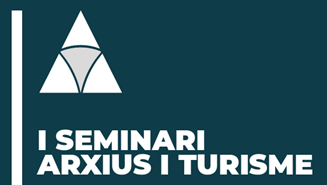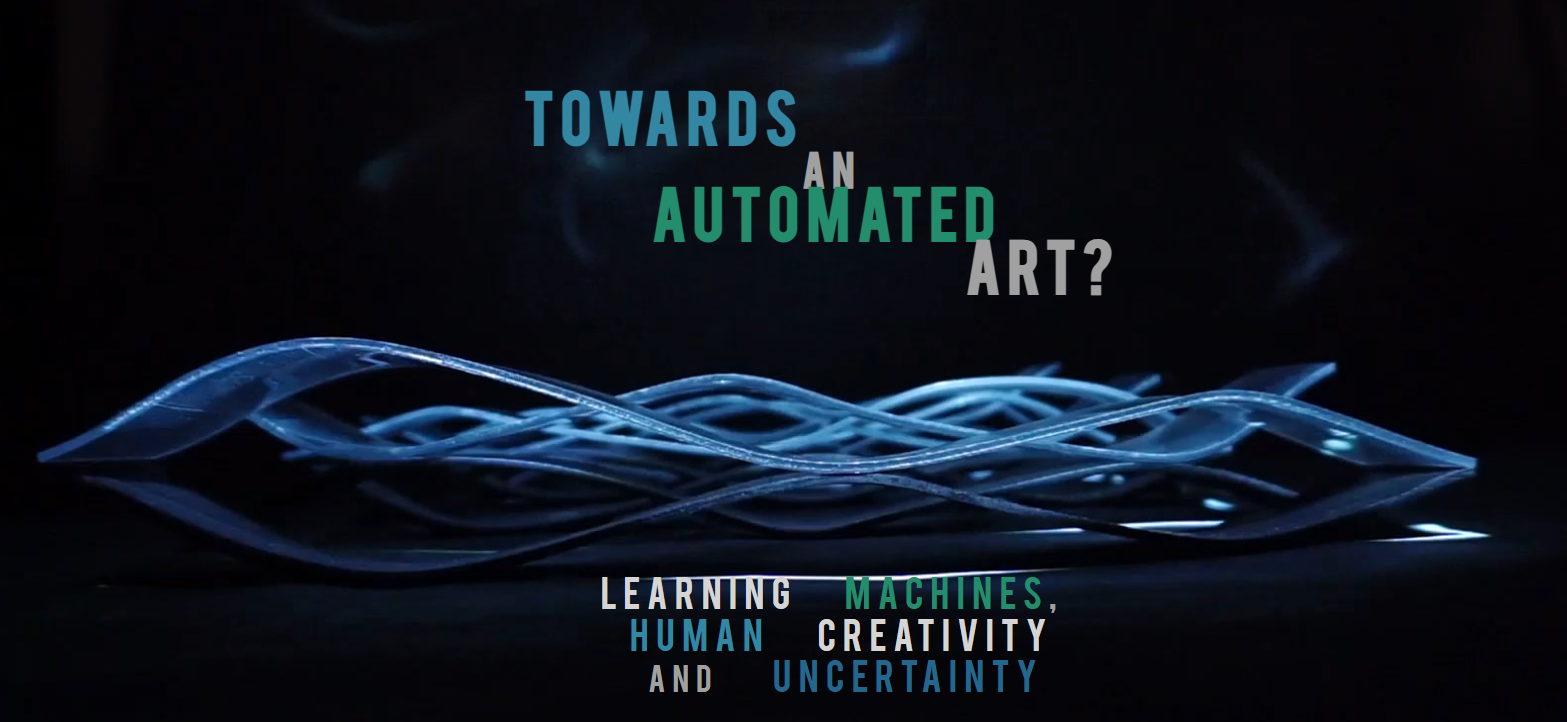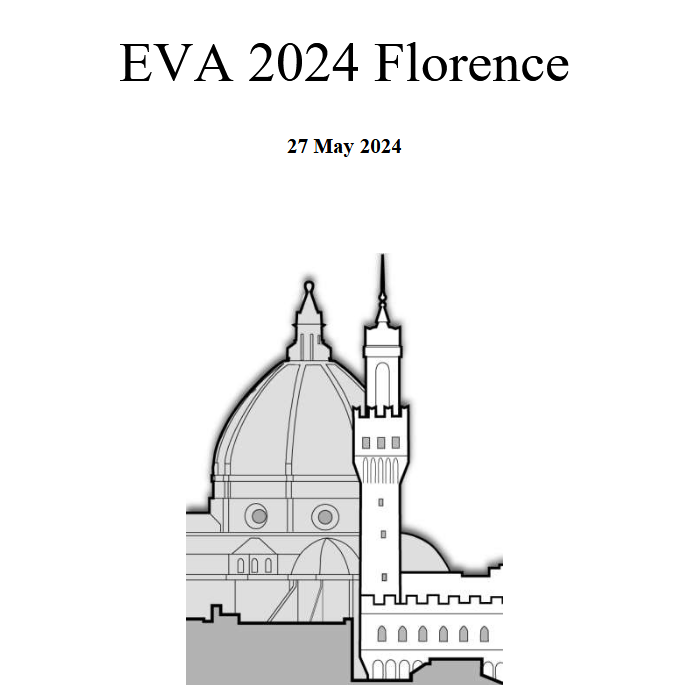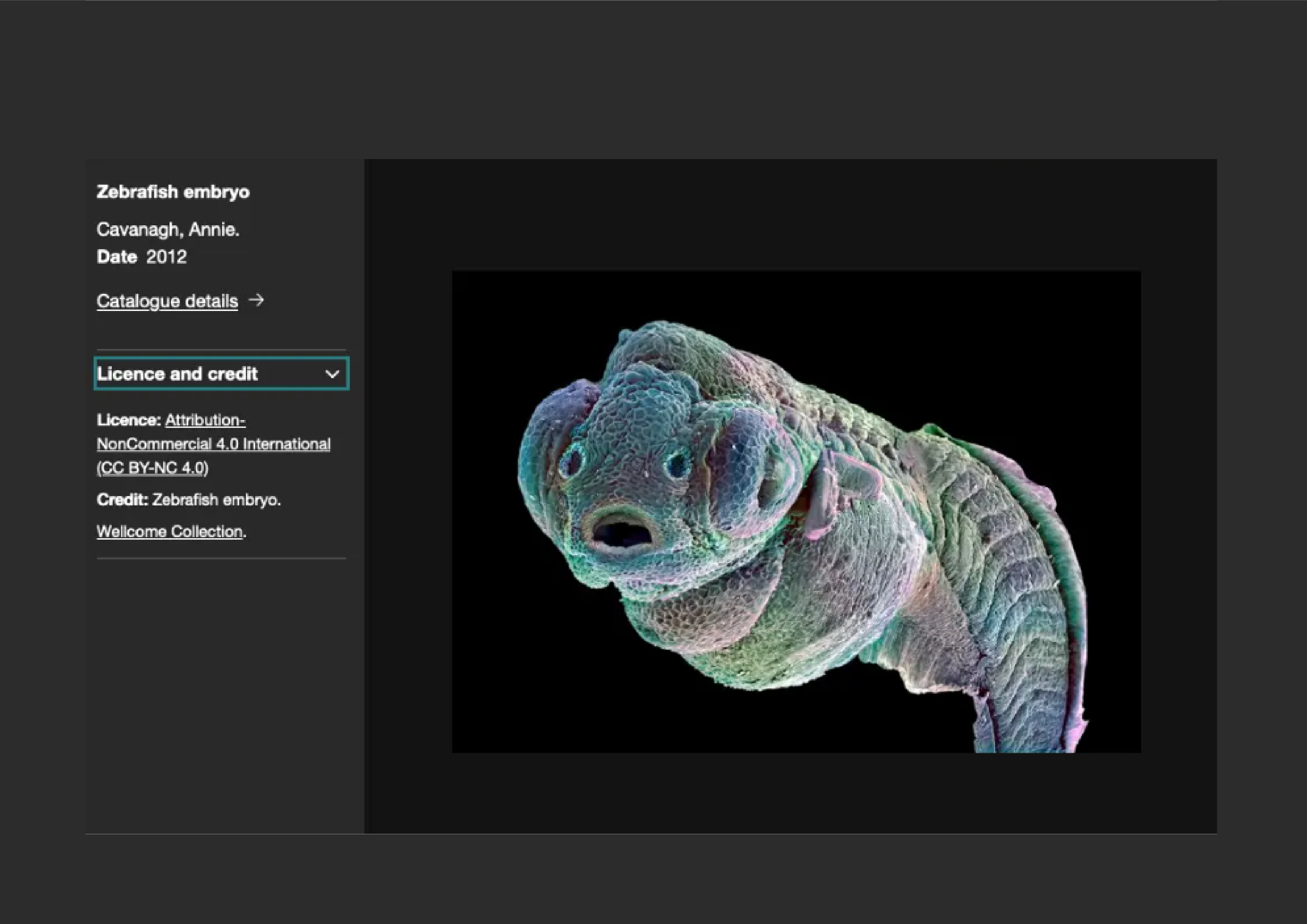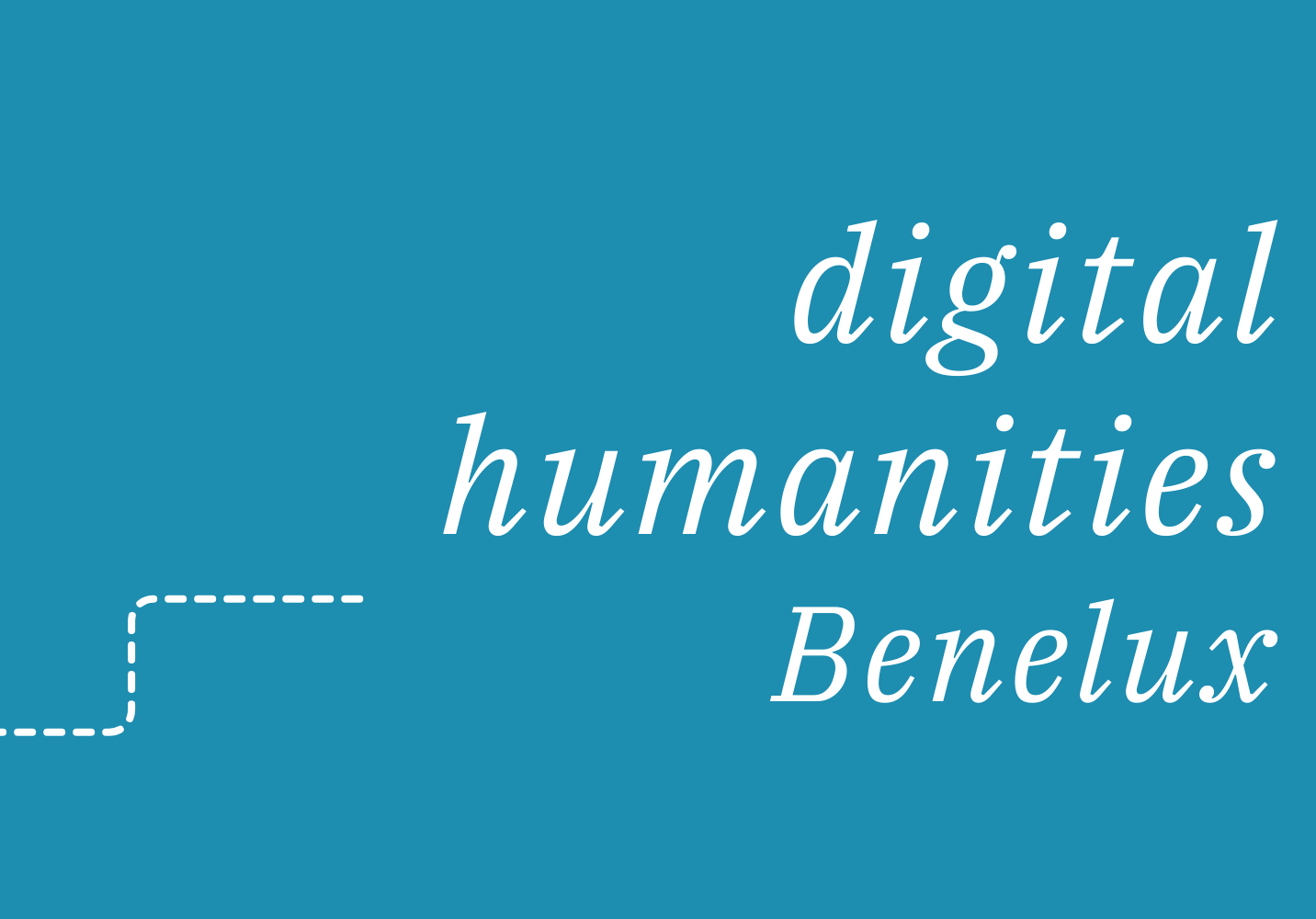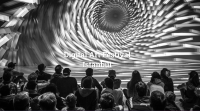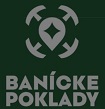-
Join the
Digital Meets Culture
Newsletter! -
Join the
Digital Meets Culture
Open Newsroom! If you have interesting news and events to point out in the field of digital cultural heritage, we are waiting for your contribution.
If you have interesting news and events to point out in the field of digital cultural heritage, we are waiting for your contribution.
-
Free text
-
-
Upcoming events
-
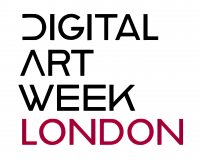 London, April 22-28, 2024. The call for speakers will run until March 30, 2024
London, April 22-28, 2024. The call for speakers will run until March 30, 2024Digital Art Week is a week-long city-wide takeover of the world’s leading cultural capitals for digital artists, tech innovators, and digital fashion pioneers to collaborate and push the boundaries of what’s possible in the fusion of art and technology. … Continue reading →
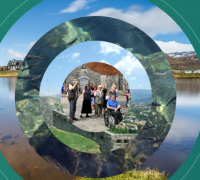 New IN SITU survey
New IN SITU surveyThe IN SITU project that participates in the INCULTUM network of common interest launched a survey investigating the innovation potential of cultural and creative industries (CCI) in non-urban areas. Focusing on IN SITU’s six Lab regions, the survey aims to … Continue reading →
Topic: interactivity
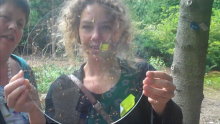
How cultural institutions can renew themselves? How can heritage professionals create the conditions for the visitors to leave the role of observers and instead be active contributors to the development of heritage? How can the consumers become producers of cultural heritage? How can cultural heritage be co-created? RICHES is trying to answer these questions through a series of co-creation sessions. The outcomes of these initiatives will be presented during 5 December’s afternoon programme of the First RICHES International Conference, being held in Pisa, at the Museum of Graphics of Palazzo Lanfranchi (4-5 December 2014). Continue reading

The open source semantic annotation tool Pundit is RICHES Associate Net7’s main product for the Digital Humanities. The main idea behind semantic annotation is to enable users not only to comment, bookmark or tag web pages, but also to semantically create structured data while annotating. The ability to express semantically typed relations among resources, relying on ontologies and specific vocabularies, not only enables users to express unambiguous and precise semantics, but also, more interestingly, fosters the reuse of such knowledge within other web applications. Continue reading
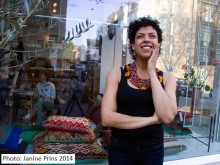
Janine Prins of WAAG Society retraces her experience as anthropologist and announces the RICHES co-creation sessions. Continue reading
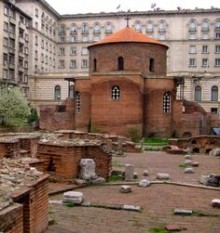
Invisible Serdica is a mobile app that reveals objects of historical significance in the ancient city of Serdica, situated at the present location of the Bulgarian capital (Sofia). This tool enables you to get a realistic insight into some of the places, now hidden under the ground, emphasises on some of the unknown cultural aspects related to them by granting access to the especially edited multimedia tales and legends, curious stories and bibliographic data to various sources found in the NALIS Union Catalogue (NALIS UC). In this way, the historical significance of the object is revealed together with its relation to emblematic figures and events. Continue reading
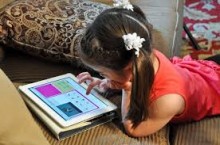
Once there were notebooks, pens and colouring pencils; now books and pencils are joined – and often replaced – by laptops and tablets. Nowadays the children entering school are fully fledged digital natives. Technology reporter at the Daily Telegraph Sophie Curtis recently took part in an interactive experiment run, which involved sitting through two English lessons: one held the old way, without any kind of technology, and the second with all the latest digital gadgets. Continue reading
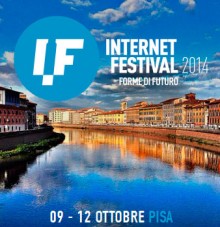
From 9 to 12 October in Tuscany, Pisa, it is being held the Third Edition of Internet Festival (IF2014), one of the most important European events dedicated to the digital world. Testimonial of IF2014 will be obviously Galileo Galilei, whose 450th birth anniversary is celebrated this year. Continue reading

Ludi Lunt is a hack-camp event looking to find ways to help revive the appeal of the historic Lunt Roman Fort in Baginton just outside Coventry. Be part of this unique opportunity to spend a weekend with other creative people at this amazing location, devising ways to improve the visitor experience, reveal more of the site’s fascinating past and breathe new life into this cultural gem. Continue reading
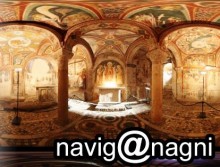
The project “Navig@nagni” was born in 2009 to let the world know the artistic trasures of the “City of Popes” through the web. This has been by scanning the major historical and artistic sites with a laser scanner which, in addition to a perfect 3D modeling, has allowed a scan hundreds of equirectangular pictures, using a special software developed by Massimo Iachetta, head of the ICT department of the City of Anagni. Continue reading
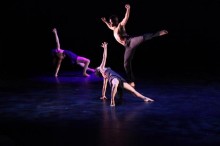
This study, held in the framework of the RICHES Project, wants to explore the transformation of Dance and Performance practice as a result of digital technologies within the European context. If you are a dance and performance practitioner, performer, educator, or researcher and are willing to reflect on how digital technologies have impacted on your experience of performance practice, please share with us your views by completing our survey. Continue reading
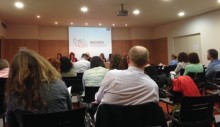
On 13th May i2CAT Foundation, in collaboration with the Universitat Internacional de Catalunya (UIC), organised the first RICHES open to all activity in Barcelona. The activity focused on building the project’s foundation and establishing the project’s taxonomy: a set of basic definitions and conceptual frameworks which will delineate RICHES’ fields of research and further study on the context of change and the role of Cultural Heritage (CH) in the economic and social development in Europe. Continue reading


